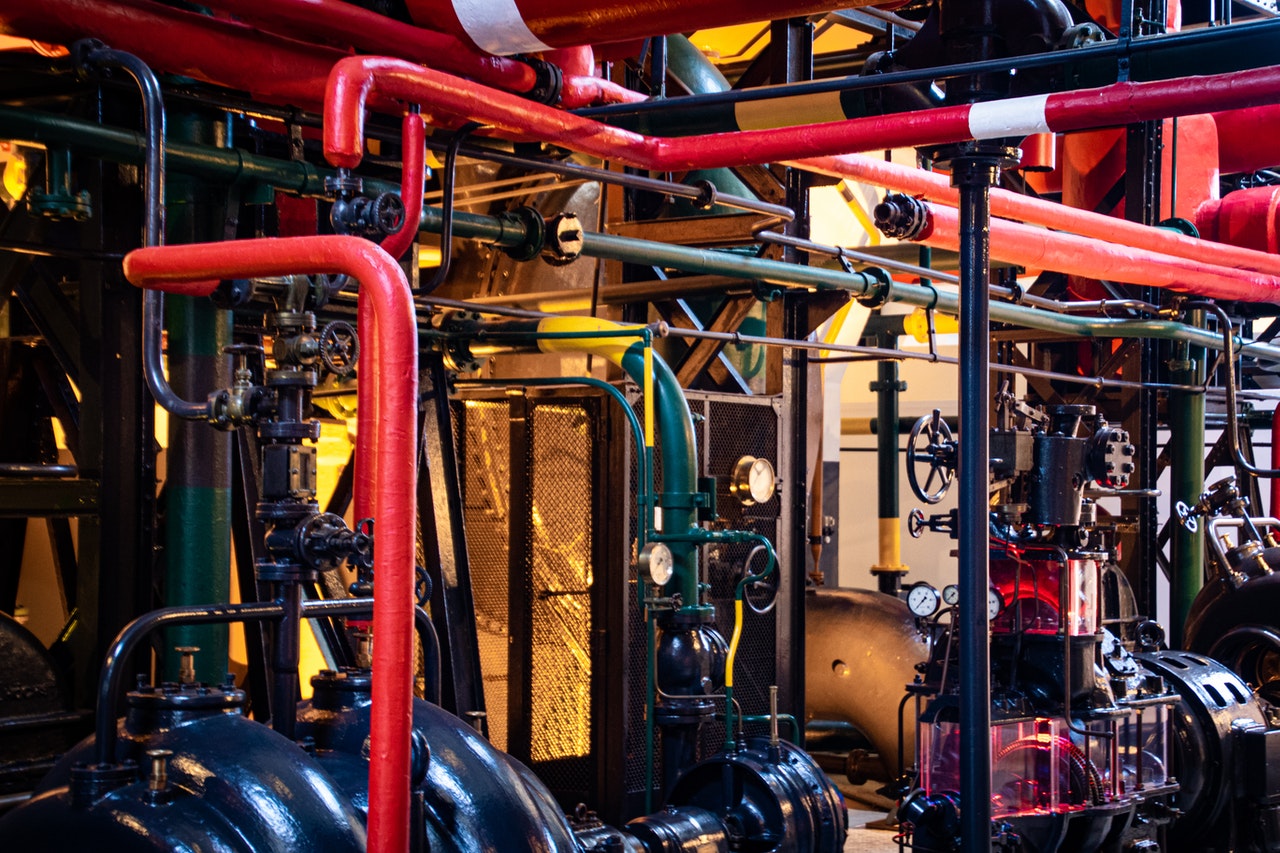Natural gas can play a key role in the decarbonization of the economy in Kazakhstan, as energy transition and reducing CO2 emissions is a strategically important process for the entire world.
Having rich hydrocarbon reserves, fossil sources, Kazakhstan cannot remain aloof from global processes. At the UN Summit on Climate Ambitions, Kazakh President Kassym-Jomart Tokayev made a statement about the country’s intention to achieve carbon neutrality by 2060 within the framework of the Paris Agreement and the UN Framework Convention on Climate Change.
However, what sources of energy will be able to ensure the transition to a green economy?
In February 2022, the European Commission decided that nuclear energy and natural gas will temporarily be green energy sources in the EU. This status will be maintained until the complete transition of the European Union to environmentally friendly fuels.
At the same time, gas is a kind of bridge to renewable energy sources (RES). The energy of the sun, wind, and water – are intermittent sources of energy. They depend on weather conditions. Backup generation from fossil fuel power plants is needed to maintain the power grid. And at the moment, natural gas is the least harmful option for the environment.
As part of his speech at the enlarged government meeting, the Kazakh President also mentioned the importance of the gas industry for Kazakhstan’s economic and social well-being.
He noted that over the past ten years, the volume of gas consumption in the country’s domestic market has more than doubled – from 9 to 19 billion cubic meters.
Gas is a transit fuel in the energy transition and implementation of ESG management principles. Replacing coal with gas can play a crucial role in decarbonizing the economy, reducing the country’s CO2 emissions by 10-20 percent by 2050 (study by the Ministry of Energy of the Republic of Kazakhstan).
Thanks to inexpensive natural gas, Kazakhstan has the potential to produce hydrogen. Retail gas prices in Kazakhstan are 47 times lower than in Europe.
According to QazaqGaz specialists, in Kazakhstan today the average price is about $40. In Europe, the price went over $1,900 per 1,000 cubic meters. Currently, Kazakhstan does not use such a competitive advantage in any way.
At the same time, the launch of the hydrogen economy will contribute to decarbonization and may also open up opportunities for fuel exports to other countries. Thus, Kazakhstan can create a new industrial cluster for the production of hydrogen in the region and its further use and export.
Renewables will play a significant role in replacing coal through rapid capacity expansion, which will require additional flexible gas. According to the forecasts of the Ministry of Energy of the Republic of Kazakhstan, in the long term, gas consumption will remain significant, balancing renewable energy and other energy sources.

